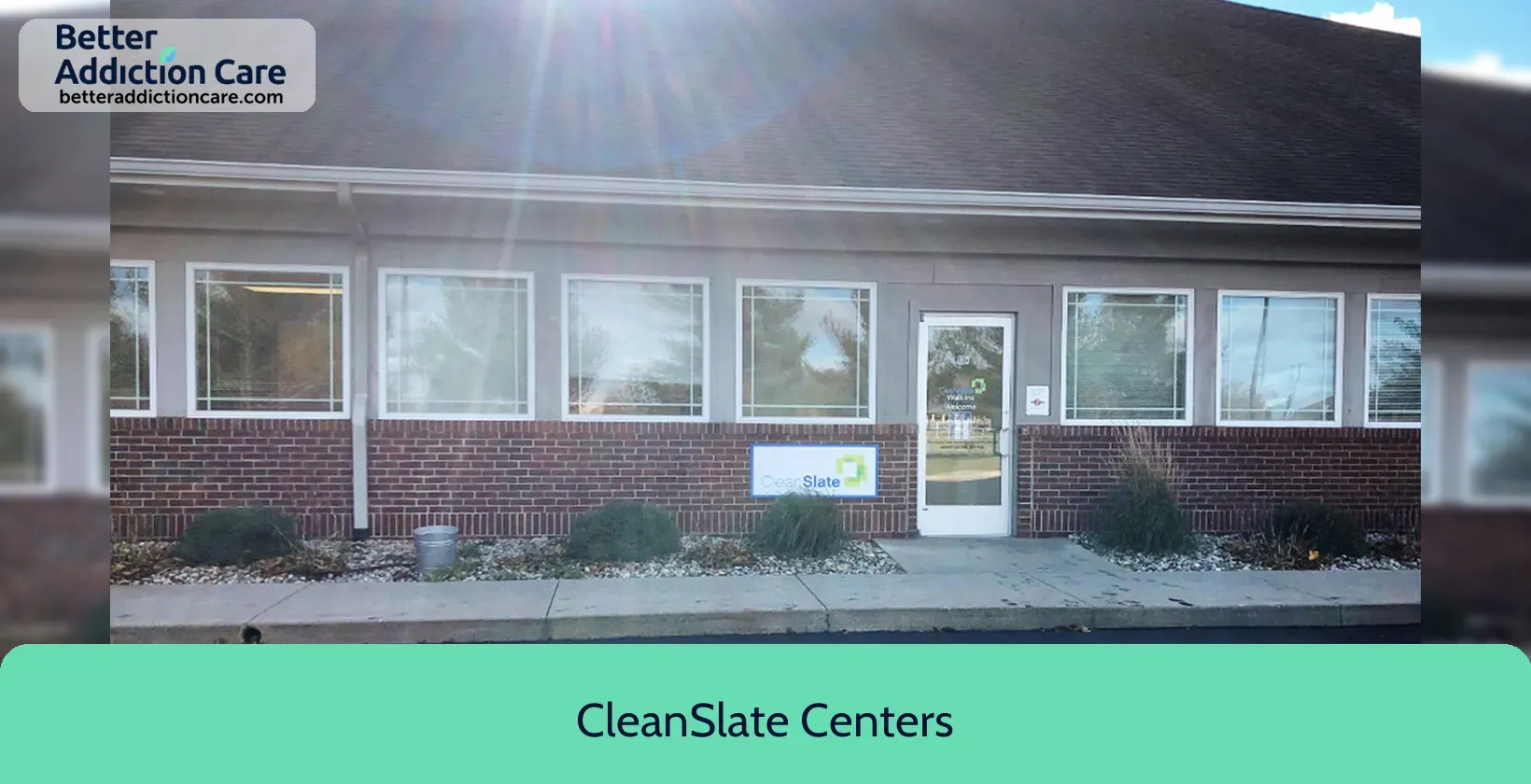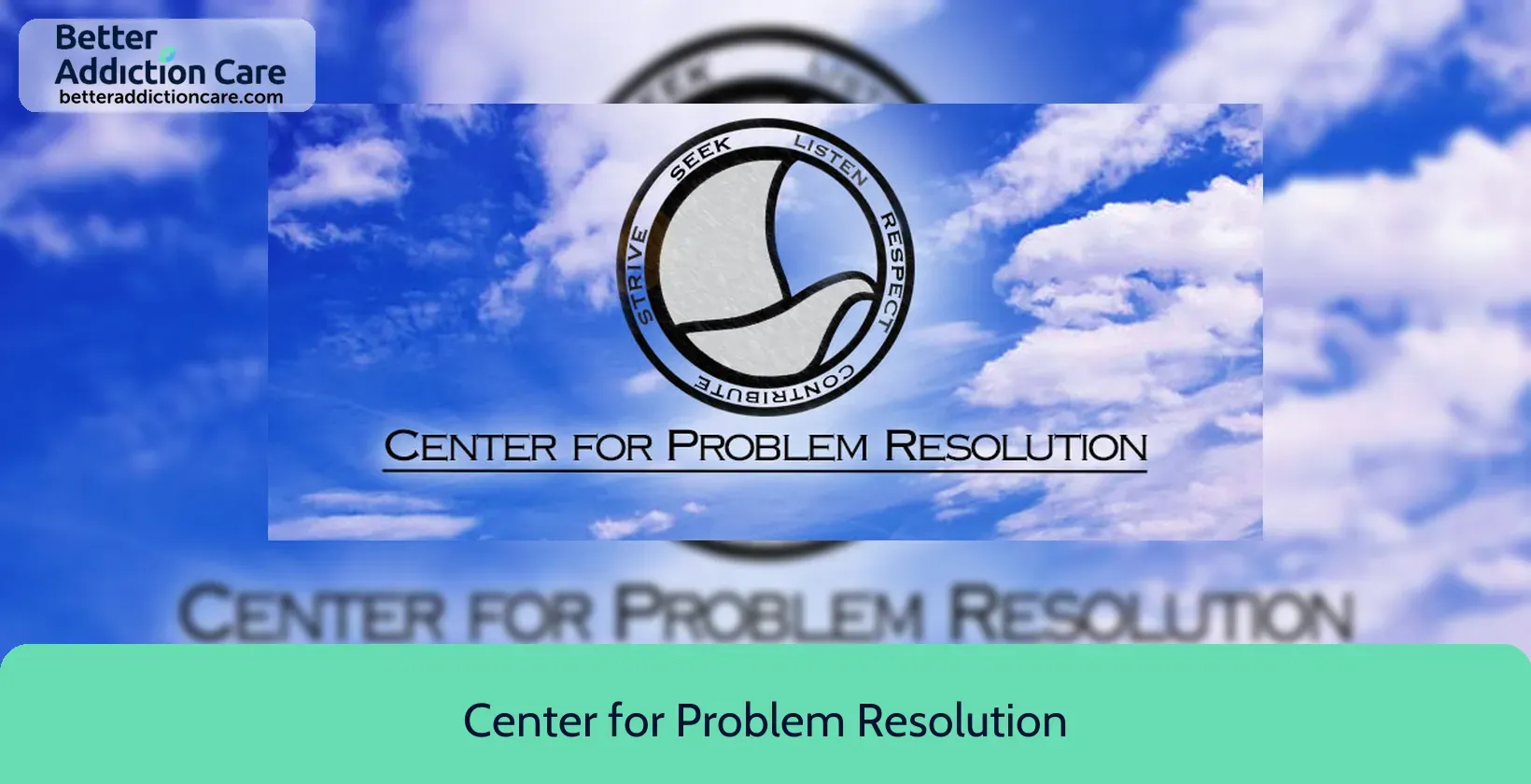Addictions Recovery Centers 420 South 2nd Street

Overview
Addictions Recovery Centers 420 South 2nd Street is an accredited substance abuse treatment center that provides outpatient treatment for men and women between 18 and 65+ years of age. As part of their special programs, Addictions Recovery Centers 420 South 2nd Street treats criminal justice (other than dui/dwi)/forensic clients and clients who have experienced trauma. To help patients achieve sobriety, Addictions Recovery Centers 420 South 2nd Street provides intake assessments. Afterward, patients receive cognitive behavioral therapy, substance use disorder counseling, and trauma-related counseling during treatment. Addictions Recovery Centers 420 South 2nd Street is located in Elkhart, Indiana, providing treatment for people in Elkhart County, accepting cash or self-payment, medicaid, and private health insurance.
Addictions Recovery Centers 420 South 2nd Street at a Glance
Payment Options
- Cash or self-payment
- Medicaid
- Private health insurance
- Federal, or any government funding for substance use treatment programs
Assessments
- Screening for tobacco use
- Comprehensive substance use assessment
- Screening for mental disorders
- Screening for substance use
- Professional interventionist/educational consultant
Age Groups
- Young adults
- Adults
- Seniors
Ancillary Services
- Case management service
- Integrated primary care services
- Social skills development
Highlights About Addictions Recovery Centers 420 South 2nd Street
6.89/10
With an overall rating of 6.89/10, this facility has following balanced range of services. Alcohol Rehabilitation: 8.00/10, Drug Rehab and Detox: 6.00/10, Insurance and Payments: 6.00/10, Treatment Options: 7.58/10.-
Alcohol Rehabilitation 8.00
-
Treatment Options 7.58
-
Drug Rehab and Detox 6.00
-
Insurance and Payments 6.00
Accreditations
State mental health department:
State mental health department accreditation refers to the process of evaluating and certifying the quality and standards of a state's mental health department, ensuring that it provides high-quality services and meets specific criteria for mental health care. The accreditation process is performed by a third-party organization and helps to improve the overall care and treatment of individuals with mental health conditions.
Commission on Accreditation of Rehabilitation Facilities (CARF):

CARF accreditation is a prestigious recognition for organizations in rehabilitation and human services. It signifies that an organization meets rigorous quality standards and is committed to providing top-notch care. Achieving CARF accreditation involves a thorough evaluation process, including on-site surveys, to ensure excellence in programs and services. This accreditation boosts an organization's credibility, assures clients and funders of quality, and promotes ongoing improvement in the field of rehabilitation and human services.
Treatment At Addictions Recovery Centers 420 South 2nd Street
Treatment Conditions
- Alcoholism
- Substance use treatment
Care Levels
- Outpatient
- Regular outpatient treatment
- Aftercare
Treatment Modalities
- Cognitive behavioral therapy
- Substance use disorder counseling
- Trauma-related counseling
- Smoking/vaping/tobacco cessation counseling
- Group counseling
Ancillary Services
Languages
- Spanish
Additional Services
- Pharmacotherapies administered during treatment
- Mentoring/peer support
- Breathalyzer or blood alcohol testing
Special Programs
- Criminal justice (other than DUI/DWI)/Forensic clients
- Clients who have experienced trauma
Get Help Now
Common Questions About Addictions Recovery Centers 420 South 2nd Street
Contact Information
Other Facilities in Elkhart

6.65

6.88

7.12
DISCLAIMER: The facility name, logo and brand are the property and registered trademarks of Center for Problem Resolution, and are being used for identification and informational purposes only. Use of these names, logos and brands shall not imply endorsement. BetterAddictionCare.com is not affiliated with or sponsored by Center for Problem Resolution.
